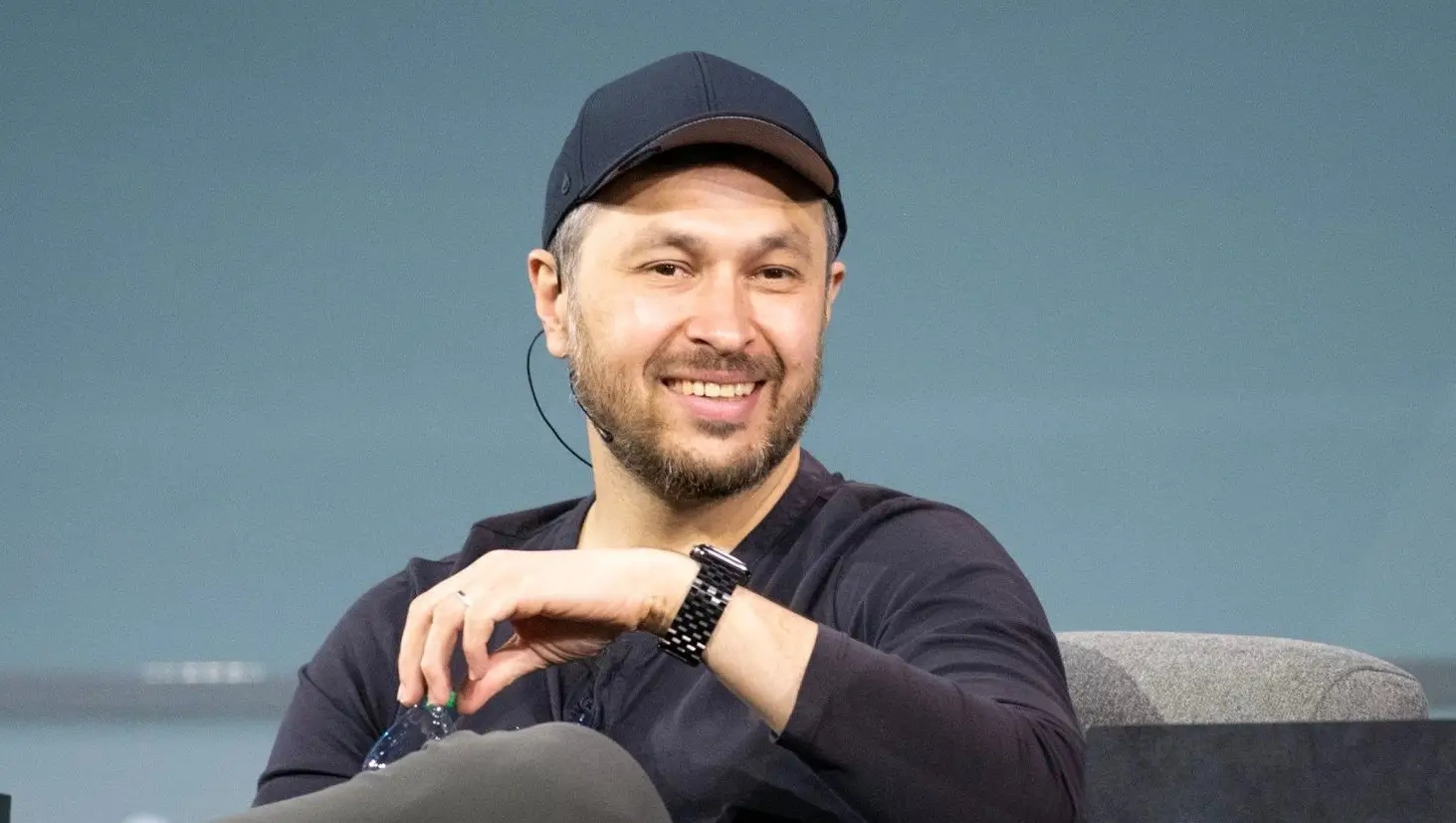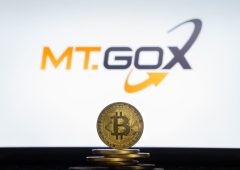Solana Co-Founder Rejects U.S. Crypto Reserve Amid Ripple Controversy
06.03.2025 13:58 2 min. read Alexander Stefanov
Solana co-founder Anatoly Yakovenko has voiced strong opposition to the idea of a U.S. government-controlled crypto reserve, arguing that such a move would undermine decentralization.
His remarks come amid speculation that Ripple pushed for Solana’s inclusion in a proposed national reserve to support XRP’s case.
Yakovenko maintains that the best course of action is for the government to avoid managing a strategic crypto reserve altogether. If such a reserve is inevitable, he suggests that individual states, rather than federal authorities, should oversee their own reserves as a safeguard against potential missteps by the Federal Reserve. He also stresses that any selection of assets should follow clear and objective criteria, even if that ultimately favors Bitcoin.
His statement follows reports that Ripple allegedly lobbied for Solana’s inclusion to lend credibility to XRP’s role in the reserve, a revelation that has sparked debate over the influence of corporate interests in shaping crypto policy. The dispute has further fueled tensions between XRP supporters and Bitcoin advocates, who have long opposed XRP’s participation in any government-backed reserve.
As the U.S. Crypto Summit approaches, the conversation around national crypto reserves is gaining momentum. Set for March 8, the event will bring together President Trump, lawmakers, and industry leaders to discuss the future of digital assets.
Trump’s recent proposal to include XRP, Solana, and Cardano in a strategic reserve has already stirred controversy, raising concerns about regulatory control and decentralization. Adding to the intrigue, Trump’s family-linked venture, World Liberty Financial, recently invested $20 million in Bitcoin and Ethereum, fueling speculation that major announcements could be on the horizon at the summit.
-
1
Here is Why the Fed May Cut Rates Earlier Than Expected, According to Goldman Sachs
08.07.2025 15:00 2 min. read -
2
What Brian Armstrong’s New Stats Reveal About Institutional Crypto Growth
29.06.2025 15:00 2 min. read -
3
Vitalik Buterin Warns Digital ID Projects Could End Pseudonymity
29.06.2025 9:00 2 min. read -
4
Donald Trump Signs “One Big Beautiful Bill”: How It Can Reshape the Crypto Market
05.07.2025 9:56 2 min. read -
5
Market Odds of a U.S. Recession in 2025 Drop in Half Since May
05.07.2025 18:30 2 min. read
BitGo Files Confidentially for IPO With SEC
BitGo Holdings, Inc. has taken a key step toward becoming a publicly traded company by confidentially submitting a draft registration statement on Form S-1 to the U.S. Securities and Exchange Commission (SEC).
Crypto Greed Index Stays Elevated for 9 Days — What it Signals Next?
The crypto market continues to flash bullish signals, with the CMC Fear & Greed Index holding at 67 despite a minor pullback from yesterday.
U.S. Public Pension Giant Boosts Palantir and Strategy Holdings in Q2
According to a report by Barron’s, the Ohio Public Employees Retirement System (OPERS) made notable adjustments to its portfolio in Q2 2025, significantly increasing exposure to Palantir and Strategy while cutting back on Lyft.
Key Crypto Events to Watch in the Next Months
As crypto markets gain momentum heading into the second half of 2025, a series of pivotal regulatory and macroeconomic events are poised to shape sentiment, liquidity, and price action across the space.
-
1
Here is Why the Fed May Cut Rates Earlier Than Expected, According to Goldman Sachs
08.07.2025 15:00 2 min. read -
2
What Brian Armstrong’s New Stats Reveal About Institutional Crypto Growth
29.06.2025 15:00 2 min. read -
3
Vitalik Buterin Warns Digital ID Projects Could End Pseudonymity
29.06.2025 9:00 2 min. read -
4
Donald Trump Signs “One Big Beautiful Bill”: How It Can Reshape the Crypto Market
05.07.2025 9:56 2 min. read -
5
Market Odds of a U.S. Recession in 2025 Drop in Half Since May
05.07.2025 18:30 2 min. read


